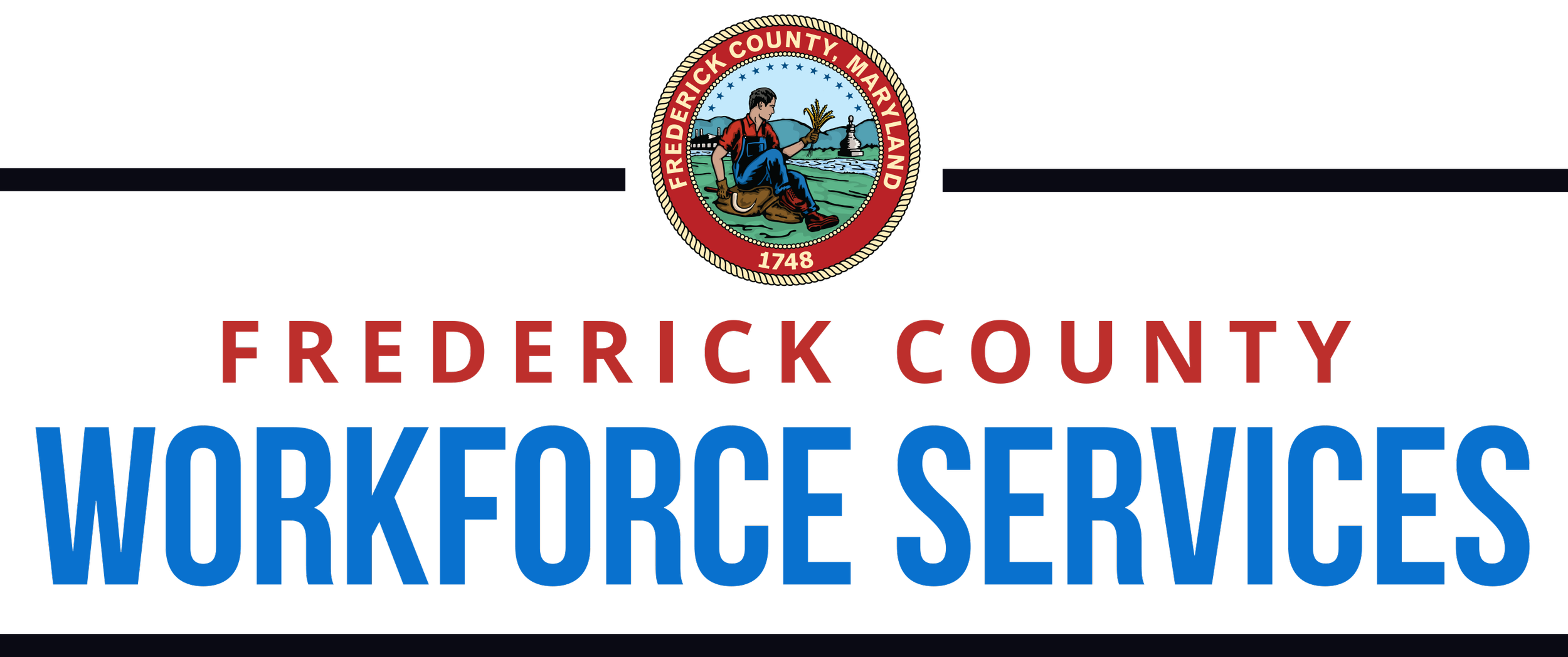Building Your Online Presence
Question:
While doing an online search for my LinkedIn profile, I came across a lot of people who have the same name as me. I'm about to start job searching and I'm worried that if employers search for me, they'll think I'm someone else. I've heard some employers look up candidates. Is there anything I can do to make sure employers find the “real” me?
Answer:
Searching for yourself is a very interesting process. You never know what is going to pop up and you might be surprised or disappointed by the results. Since more employers are posting jobs on various social media platforms and using virtual software to streamline the hiring process, I can understand having concern that your online identity could be mistaken for someone else. While you can’t guarantee that someone won’t come across a different person when searching for you online, there are some steps you can take to build a stronger online presence.
What is an online presence?
Put simply, it’s an ability to be searched online. In your job search this is important because whatever is linked to you can impact your ability to be hired by an employer and, in extreme cases, can impact your ability to be fired by an employer. Some examples of online presence are: any social media platforms that are connected to a search engine, articles that you are referenced in and/or have written yourself, interviews, pictures, and public information such as state licenses you possess or criminal offenses. As you can see, the type of information connected to you can make an employer feel confident with you as a prospective employee - or hesitant.
Here are some tips on building a stronger online presence:
Search Yourself
The saying goes that the best offense is a good defense, so if you haven't already searched for what is out there, now is the time. In some scenarios, personal social media profiles, articles, or legal issues could pop up in search results. And in some cases, an online search will yield no results at all. In the latter scenario, many are relieved; however, this is not actually the result you want. In your case, you found that there were multiple people with your identical name. You might want to try to distinguish yourself by using your middle initial or with other personal identifiers such as your location, school, etc. so employers can find you specifically. Whatever the scenario, know what is out there, determine if it's appropriate, and create a plan on how to make sure the right people know it's you.
Adjust Your Settings
Most of us have at least one social media platform that we use daily. Regardless of what platform you use, make sure you understand and apply the security/privacy settings appropriately. Most social media sites set profiles to “public” by default, which means your profile can come up in general searches. If you haven't already done so, adjust these settings accordingly.
Clean Up Your Profiles
Even if you're using a personal profile, you’ll want to be mindful of all the content you post (pictures, tweets, emails/direct messages, and so on). Anyone can screenshot what's on your personal profile and show it to the world. And more employers are posting jobs using social media sites such as Facebook so if you were interested in a job you found there and applied using your profile as part of the application process, whatever you have on your profile will be visible. No matter what company you work for, the point is that if something you post on your personal profile(s) goes against the company’s mission, it might call attention to the employer in a negative way and impact your employment opportunities.
Designate a Professional Profile
The most common professional website is LinkedIn. This site has transformed over the years and is no longer just about networking, but is also a place to sell yourself and build a professional online portfolio that can be seen by everyone. So don't just create a profile and leave it alone. Be active on the website by connecting with others, responding to your posts within your network, joining organizations, and creating your own content or at least resharing content. Lastly, this is one profile that you might want to connect to an online search engine to avoid any confusion between you and someone else.
Depending on what skills you have and what industry you work for, you might want to create your own website. Wix and Squarespace are just a few of the many platforms that allow people to build websites. Additionally, if you are a consultant or freelancer you might want to create a profile in UpWork and Freelancer.
Brand Yourself
Whether you use a dedicated website like LinkedIn or create your own website, you should know what your brand is. Personal branding is showcasing your accomplishments, skill set, and areas of expertise. More importantly, it shares what value you can bring to an employer. If you need some help identifying your brand ask coworkers (or former coworkers) how they would describe you as an employee. If you haven't started doing so, you should save your performance evaluations or awards that you receive at work because they highlight the skills that make you marketable. And if you're still struggling with identifying your brand, ask your family and friends how they would describe you. Once you gather that information, try to incorporate all of it into your professional (and personal) profiles.
Devote Time
While it's easier to peruse your personal profiles, you should make an effort with your professional ones too. Make sure you check in daily if you're job searching (and weekly if you're not job searching) to remain active and relevant. Networking is still the number one way to find jobs, so even if you have a job now that doesn't mean another opportunity might not come your way!

